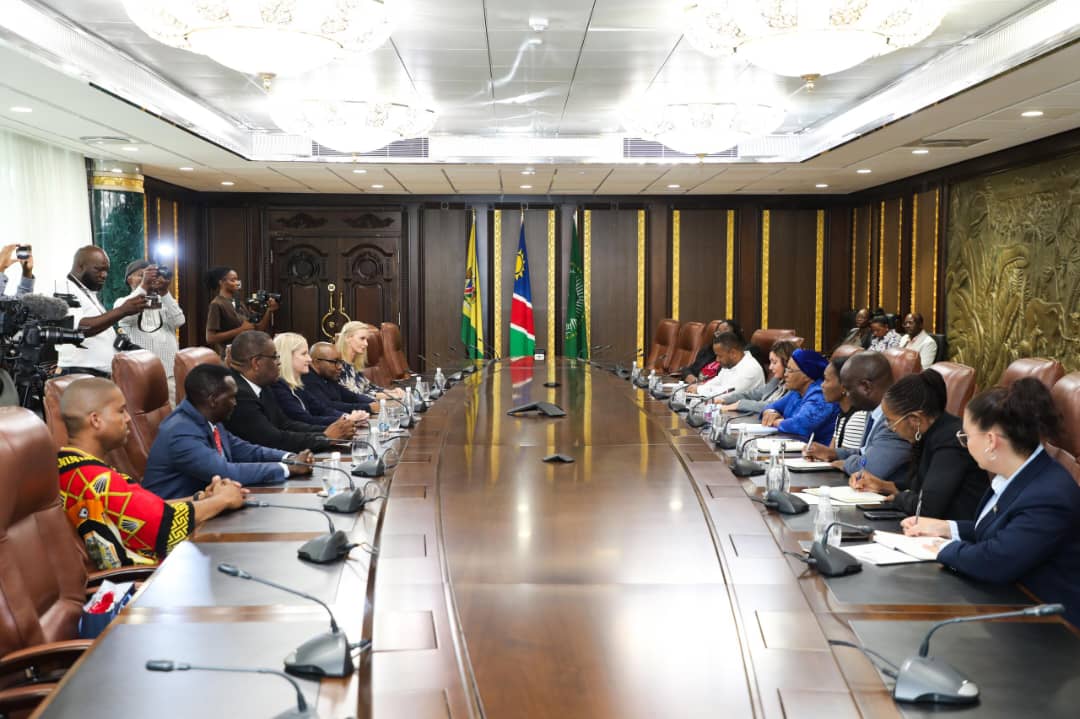WASHINGTON – Companies that received billions of dollars of government aid have published policies meant to limit lavish expenses, new rules that follow reports of costly private jets, spa retreats and other corporate excess at firms receiving taxpayer money.
The Treasury Department required financial institutions and automakers that received money from the US$700 billion Troubled Asset Relief Programme to post their new policies covering ‘excessive or luxury expenditures’ on their corporate Web sites. The policies posted Monday ranged from blanket statements of proper spending practices by company employees, to how much to tip a hotel doorman while travelling.The list includes companies that took some of the largest chunks of government aid – including insurer American International Group Inc., Citigroup Inc., Bank of America Corp., General Motors Co. and Chrysler LLC.The policies, which generally require greater scrutiny by top executives and corporate boards of major expenses, are part of a broad swath of government standards at bailed-out companies designed to help them stay afloat during the financial crisis. That includes an ongoing Treasury review of the pay packages for executives at major TARP recipients.Lawmakers and the public have blasted some spending and perks at companies that were given government lifelines, including a posh California retreat for executives of AIG last year and the decision last year by top carmakers’ officials to fly corporate jets to Washington while asking for billions in bailouts.Treasury spokeswoman Meg Reilly would not comment on the policies that had been posted as of Monday afternoon. GM, which has received US$50 billion in government aid and is one of the biggest beneficiaries of the programme, has until October to report because it emerged from bankruptcy in July.The amount of disclosure revealed Monday varied broadly. They covered issues like entertaining clients, use of corporate jets and renovations of office space.Chrysler Financial Services, which has repaid US$1,5 billion in federal loans, provided a 15-page policy that prohibits employees travelling on business from being reimbursed for lunch on trips that don’t require an overnight stay and directs employees to fly coach if their flight is less than four hours. Employees also can’t expense country club fees, massages and spa services, hotel frequent-guest programmes and tuxedos or evening gowns. Tips are limited to 20 per cent, and employees must choose mid-sized rental cars.Lost baggage at the airport? Tough luck. Under the policy, Chrysler Financial will not reimburse employees for personal items lost while travelling on business.GMAC Financial Services, meanwhile, offered a more broad set of rules for workers prohibiting expenditures that ‘are, or reasonably could be construed as, excessive or as a luxury.’ It applies to expenditures for entertainment or events, office renovations or travel.AIG said ‘Celebratory events are prohibited, except those acknowledging key AIG career milestones. Holiday parties and events must be approved by the Business Unit’s CEO and should, where practicable, be held in AIG facilities.’Bank of America wrote that senior management would have to approve renovations that were considered out-of-the-ordinary, including the purchase of antiques and customised finishes. That policy follows reports that Merrill Lynch, which is now part of Bank of America, spent US$1,2 million last year renovating the office of then-CEO John Thain, work that included pricey rugs and antique furniture.Chrysler Group LLC’s policy requires employees to arrange for reasonable travel and lodging and ‘avoid lavish or extravagant expenditures.’ The carmaker will not pay for entertainment or holiday parties for the benefit of employees ‘unless such expenses are reasonable’ and approved in advance by top executives. -Nampa-AP
Stay informed with The Namibian – your source for credible journalism. Get in-depth reporting and opinions for
only N$85 a month. Invest in journalism, invest in democracy –
Subscribe Now!










